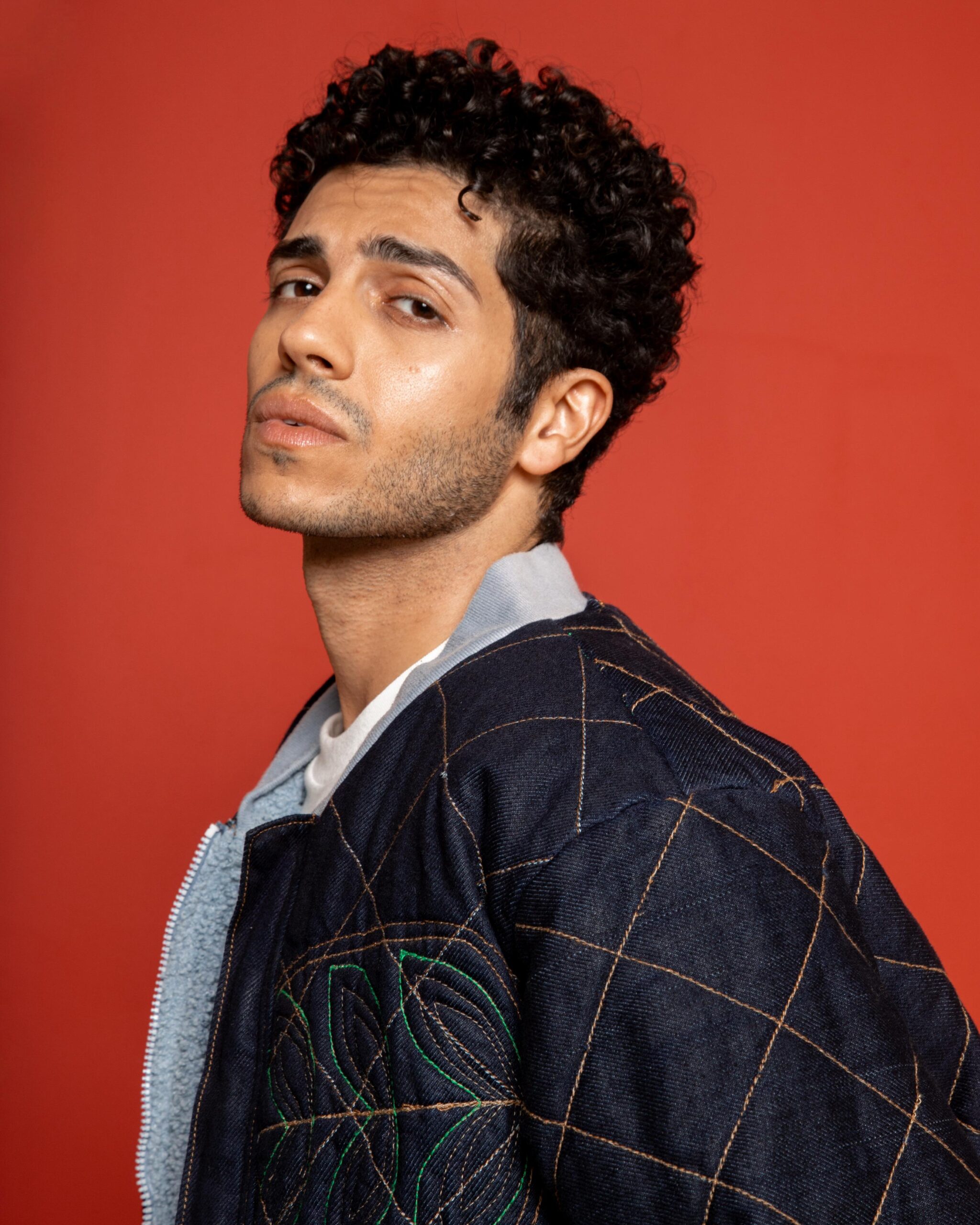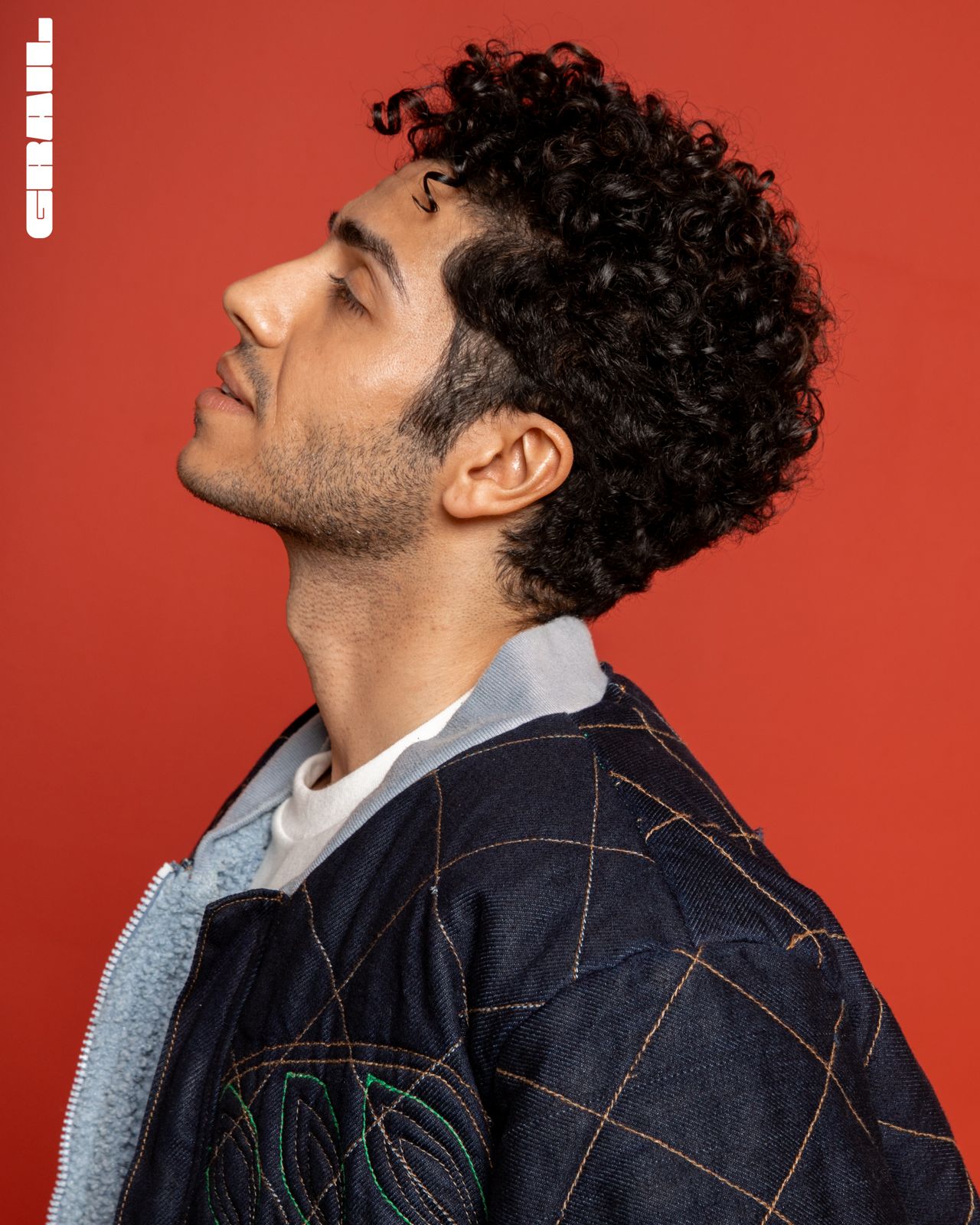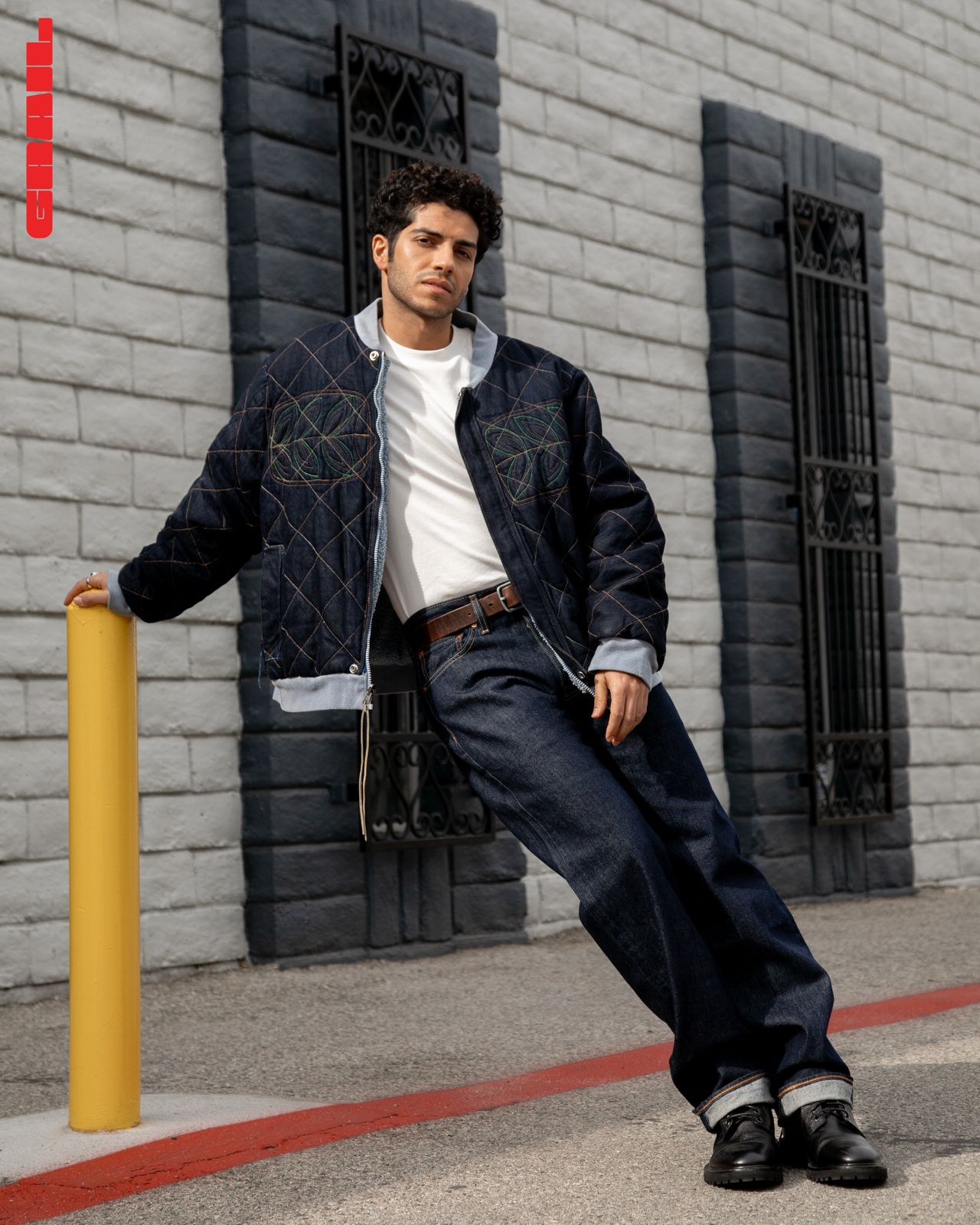Your role as Aladdin made a global impact. How do you plan to use that international influence to spotlight Egyptian arts and culture?
I think the best way to make an impact is to make working in Egyptian cinema and television a habit. There’s no better way. I can talk all I want but I have to walk the talk. And if I say that, ‘I love Egyptian cinema’ and ‘The art scene in Egypt is some of the best in the world’ then I should want to participate in that, right? And I do. I’ve been wanting to make my mark in Egypt since 2021 and I hope that, soon, we will be able to share our film, In Broad Daylight, with not only North Africa and the Middle East, but the whole world.
As Arts Ambassador, you’ll be supporting local talent. What do you think are some of the biggest strengths and challenges facing emerging Egyptian artists today?
The biggest advantage Egyptian artists have today is their history, reputation and pool of talent. I always say this but since the 1970’s, Egypt has established itself as an artistic powerhouse on the global stage. The challenge, whether here, or elsewhere, is cutting through the noise. There is so much content being created now, on streaming platforms and on social media, that it’s very difficult to earn people’s attention. As technology becomes more accessible, the competition will increase drastically and that will always prove to be challenging.
You were also involved in the “Speak Egyptian” initiative. How do language and cultural identity shape your work as an actor and public figure?
Language and culture are huge parts of what makes every human unique. And for me, the fact that I’m Egyptian, which I consider to be the coolest country in the world, especially given our history, is just incredible. Why would I not be proud of my culture and identity? The immigrant story is not one which many people understand. It’s a very hard thing sometimes to feel like you’re not completely one identity or another. As an immigrant, you’re kind of caught in the middle. And that certainly makes ones portrayal of identity harder. When you’re born in a country and live in that country your whole life, no one can argue that you’re 100% from that country. But when you’re born somewhere, then you move somewhere else, then you move and work somewhere else – your identity can get lost in translation. So language and culture become hugely important.
In what ways do you hope to inspire young Egyptians—both at home and in the diaspora—through this new role?
I just want my generation and the younger ones to be proud of where they come from. We live in a world where there’s a lot of confusion and, often times, shame associated with identity and I want people to know they can and should be proud of their roots. The world is filled with such beautiful cultures and we should embrace that uniqueness.
The way you played Aladdin was a significant moment on so many levels. Looking back, what did that role teach you both professionally and personally?
This is a loaded question and my answer will never encompass everything I learned. This was objectively a mammoth moment not just for me, but everyone involved. Personally, it taught me that I can do anything I set my mind to. But it also taught me that there’s so much I can’t control and I have to be okay with that. I have to take the good with the bad. You can’t just have the good all the time. Life doesn’t work that way. Professionally it taught me that as long as you work hard, stay focused, and more importantly, remain positive at all times, good things will come.



